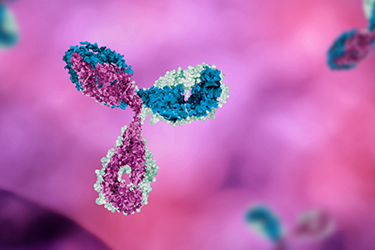Step-Wise Strategy To Address Process Characterization And Late Phase Development – Toward The Definition Of A Standardized Approach
By Claudia Berdugo-Davis, Ph.D. (1), James Crichton (2), Benjamin Kester (1), Kevin Humbard (1), Yunsong Li, Ph. D. (1), Victor Vinci, Ph.D. (1) 1. Process Development, Catalent Biologics, Bloomington, IN, 2. Validation, Catalent Biologics, Bloomington, IN

Drivers for process characterization and late phase development include improving process understanding, enhancing process robustness, and assurance that the process delivers consistent product quality within all Proven Acceptable Ranges (PARs). Regulator's expectations for biologic submissions include the application of statistical methods to improve the confidence of the PARs and knowledge of the design space for a process. Different approaches have been reported for process characterization but contain common elements including risk assessment, scale-down model qualification, and statistical design of experiments. However, there is not a consensus on criteria for the selection of a unique or multiple experimental designs for the evaluation of Critical Process Parameters (CPP) at every stage.
The purpose of this work is to propose a stepwise approach for the definition and execution of Process Characterization for the production of a monoclonal antibody. This approach will improve the efficiency and effectiveness of the process by targeting the right design and number of experiments.
Get unlimited access to:
Enter your credentials below to log in. Not yet a member of Outsourced Pharma? Subscribe today.
